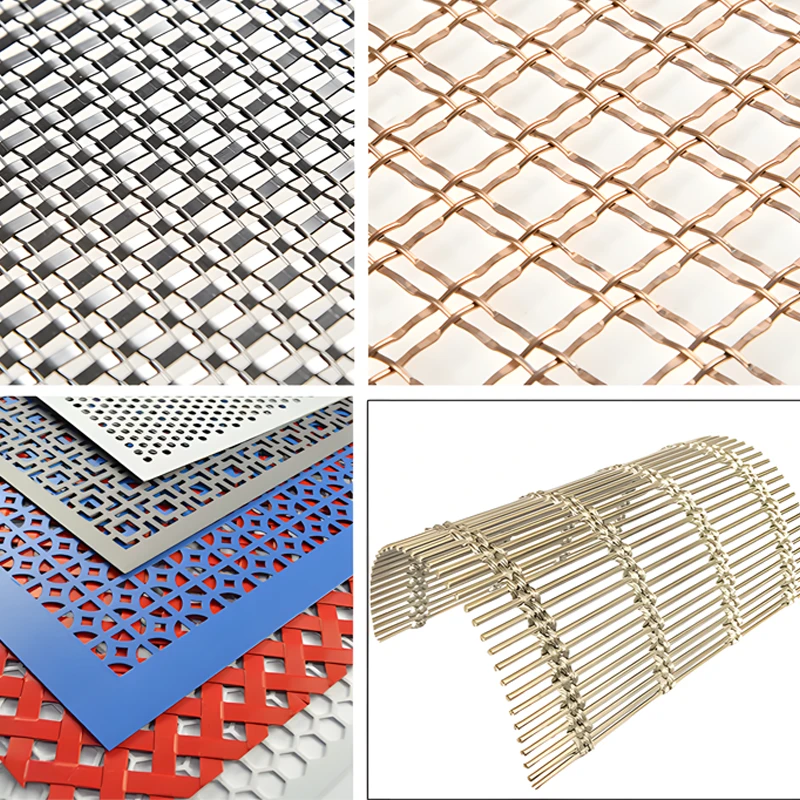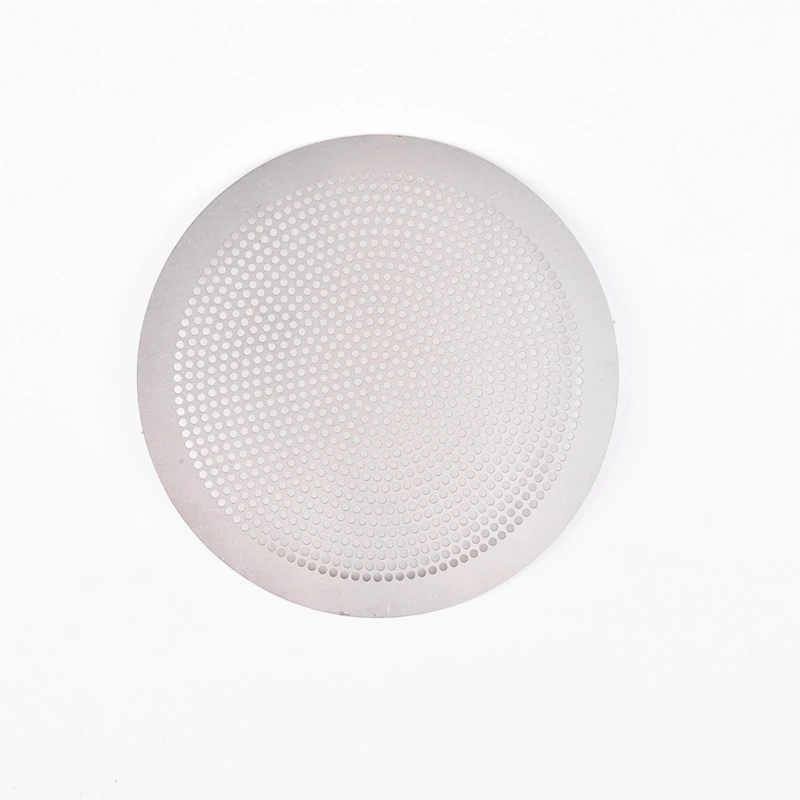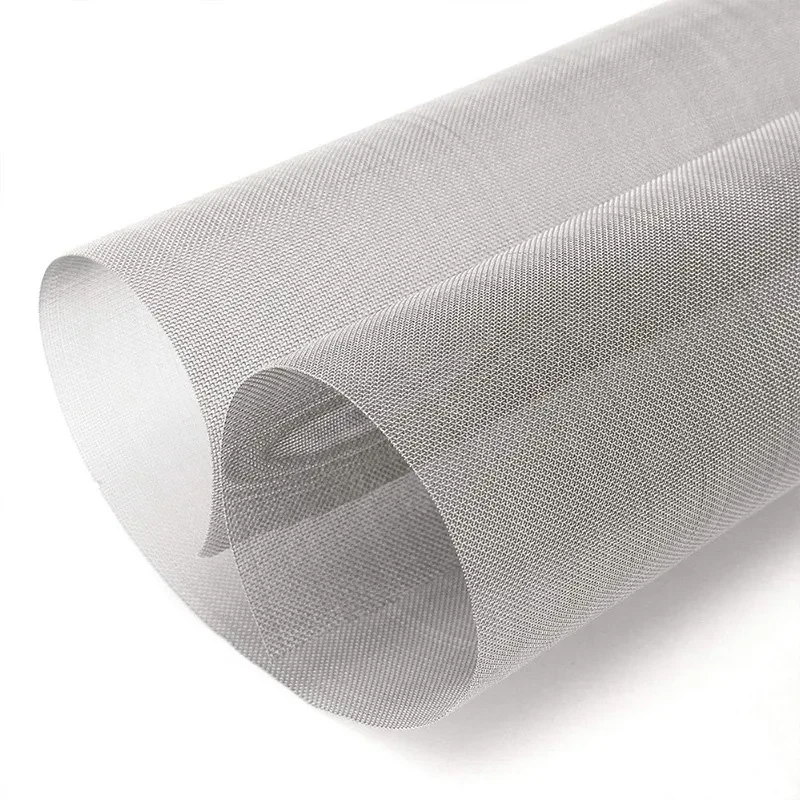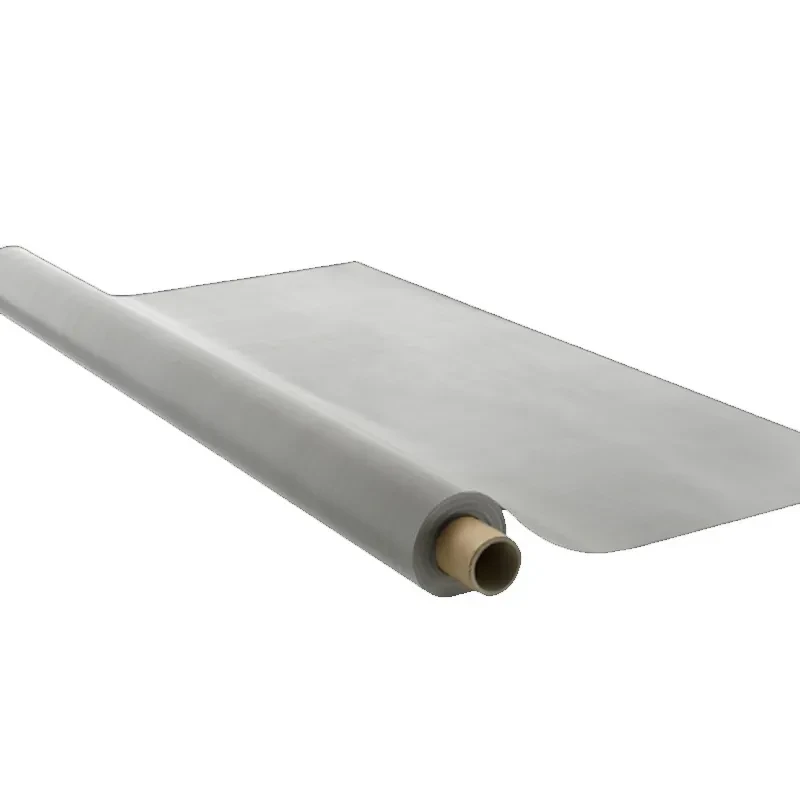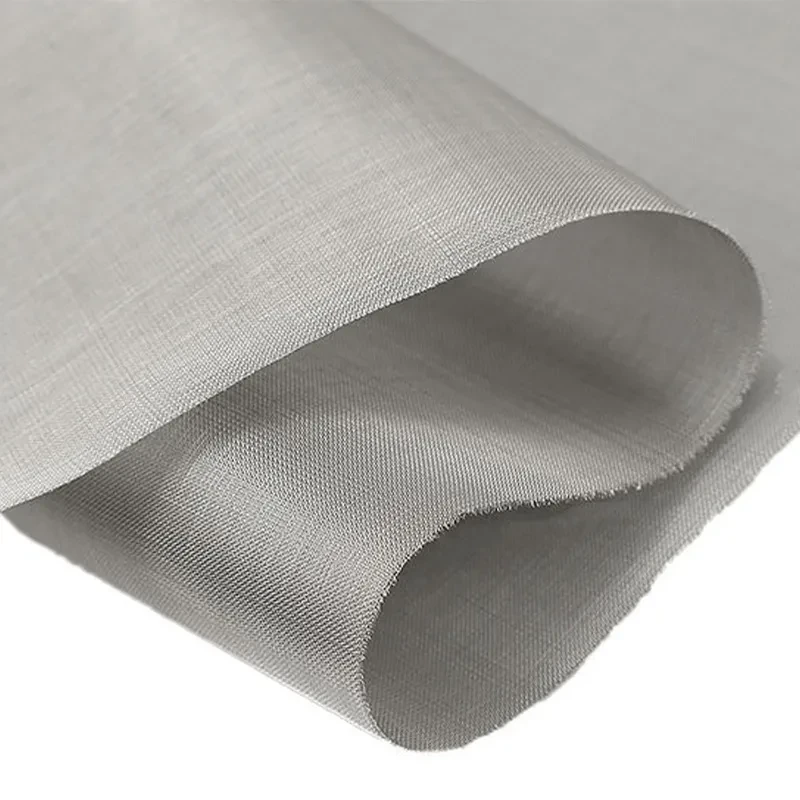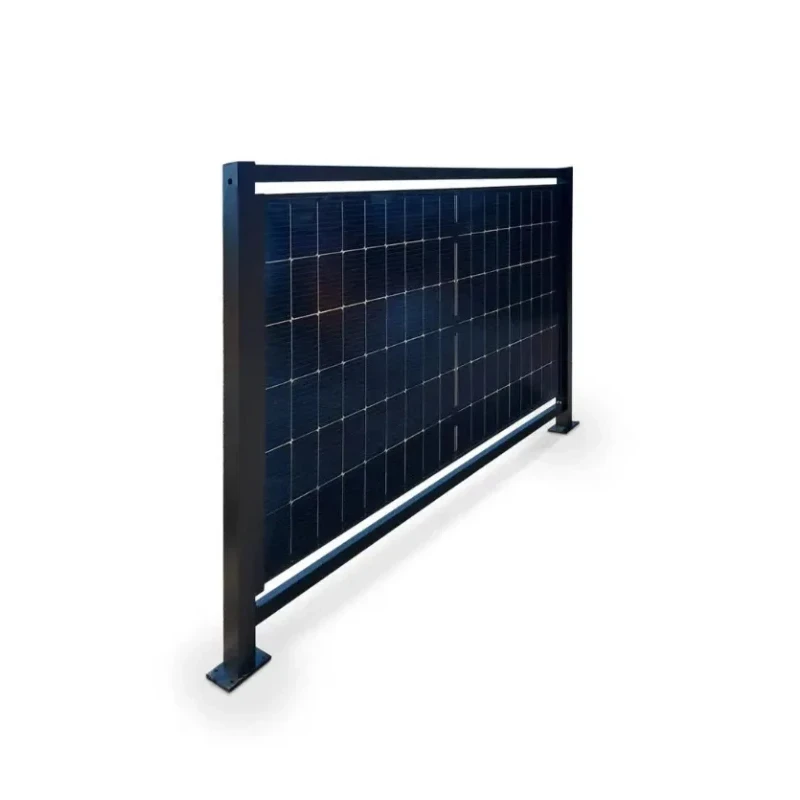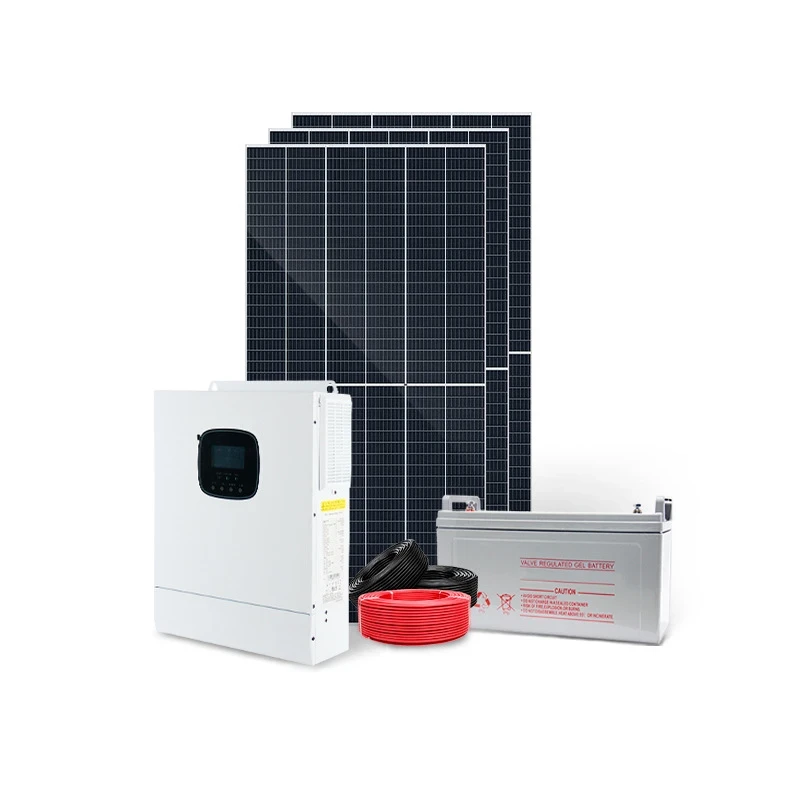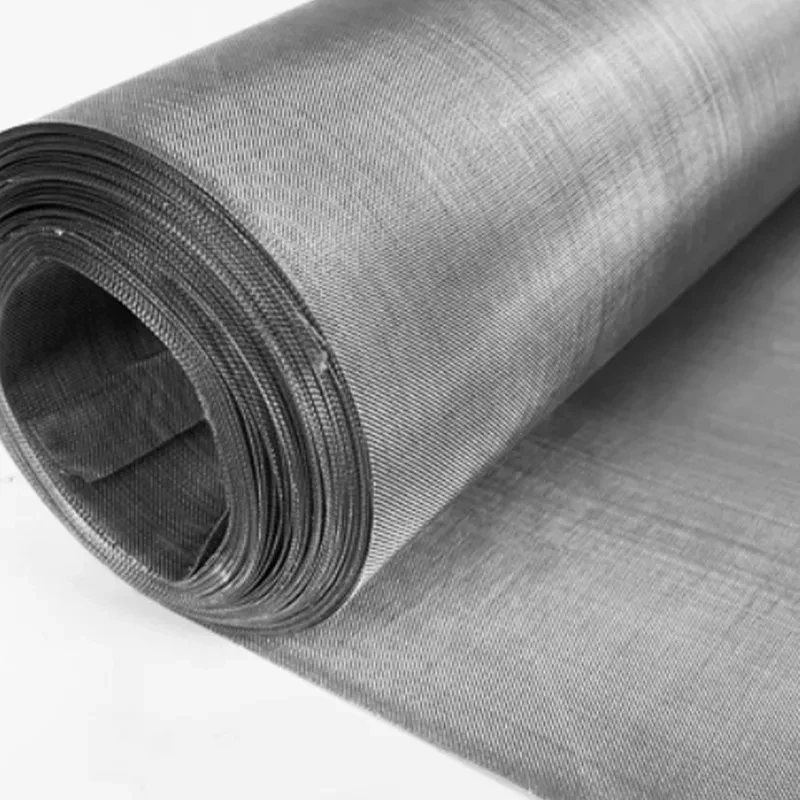Stainless Steel Micron Mesh 60/70/75 Durable & Precision Filtering
- Overview of Stainless Steel Micron Mesh
- Technical Advantages and Material Specifications
- Market Comparison: Key Manufacturers
- Customization Solutions for Diverse Needs
- Performance Metrics and Data-Driven Insights
- Real-World Applications Across Industries
- Why Choose Stainless Steel Micron Mesh Solutions
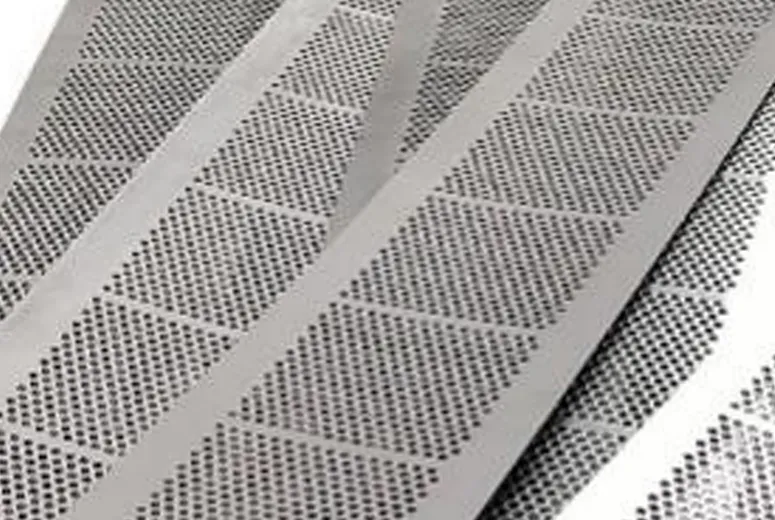
(stainless steel micron mesh)
Understanding Stainless Steel Micron Mesh
Stainless steel micron mesh, engineered for precision filtration and industrial durability, is a critical component across sectors requiring particle separation, chemical resistance, and thermal stability. With common variants like 75 micron, 70 micron, and 60 micron stainless steel mesh, these materials balance micron-level accuracy with structural integrity. Their applications span pharmaceuticals, food processing, and aerospace, where consistent pore sizes (ranging ±3% tolerance) ensure repeatable performance under extreme conditions.
Technical Advantages and Material Specifications
High-grade 316L stainless steel dominates production, offering superior corrosion resistance (withstanding pH 1-14) and tensile strength (up to 860 MPa). Below is a comparison of key variants:
| Mesh Type | Wire Diameter (mm) | Open Area (%) | Max Temp (°C) |
|---|---|---|---|
| 60 micron | 0.055 | 34% | 800 |
| 70 micron | 0.065 | 40% | 750 |
| 75 micron | 0.070 | 45% | 700 |
Advanced weaving techniques like twill Dutch weave enhance particle retention by 22% compared to standard plain weave designs.
Market Comparison: Key Manufacturers
Leading suppliers differentiate through certifications (ISO 9001, ASME) and specialized treatments. A 2023 industry analysis reveals:
| Vendor | Lead Time (Days) | Price per m² ($) | Lifespan (Years) |
|---|---|---|---|
| Vendor A | 14 | 280 | 8-10 |
| Vendor B | 21 | 320 | 12-15 |
| Vendor C | 10 | 310 | 7-9 |
Vendor B’s electropolishing process reduces clogging frequency by 40%, justifying premium pricing for high-cycle applications.
Customization Solutions for Diverse Needs
Tailored configurations address unique operational challenges:
- Precision Edging: Laser-cut borders with ±0.1mm tolerance
- Hybrid Weaves: Layered 60/70 micron composites for multi-stage filtration
- Surface Treatments: Nanocoatings to repel viscous fluids
Custom orders typically require 18-25 days production time, with MOQs starting at 50 units for specialized designs.
Performance Metrics and Data-Driven Insights
Third-party testing validates critical performance characteristics:
- Flow Rate: 70 micron mesh achieves 12 L/min·m² at 2 bar pressure
- Burst Strength: 60 micron variant withstands 15 bar (217 psi)
- Reusability: 90% efficiency retention after 50 cleaning cycles
These metrics enable precise ROI calculations, with most industrial users achieving breakeven within 14 months.
Real-World Applications Across Industries
Case studies demonstrate operational impact:
- Pharmaceuticals: 75 micron mesh reduced API contamination by 99.7% in tablet coating systems
- Wastewater Treatment: 70 micron screens cut membrane fouling by 60% in reverse osmosis plants
- Additive Manufacturing: 60 micron filters extended powder recyclability to 15 cycles (+350%)
Why Stainless Steel Micron Mesh Solutions Endure
The stainless steel micron mesh
category delivers unmatched longevity in harsh environments, with 92% of surveyed engineers reporting lower maintenance costs versus polymer alternatives. As industries prioritize sustainable solutions, the 70-75 micron range emerges as the optimal balance between flow efficiency and particulate control. Future-focused manufacturers now integrate IoT-enabled mesh monitoring, pushing traditional filtration into predictive maintenance paradigms.
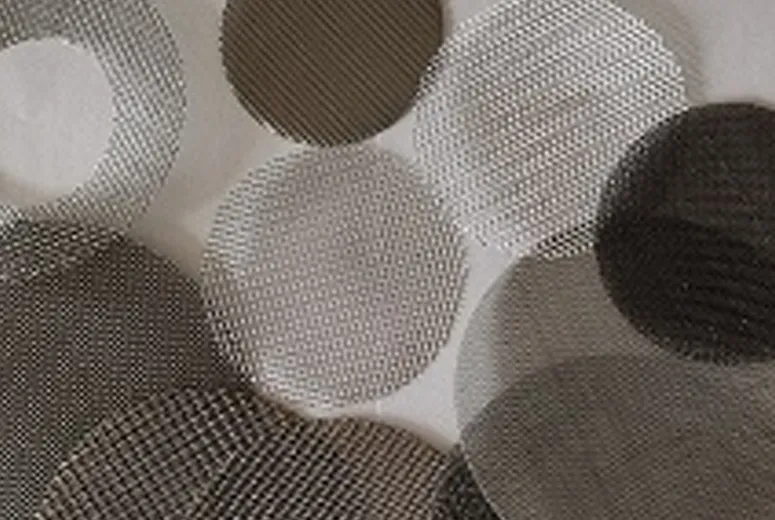
(stainless steel micron mesh)
FAQS on stainless steel micron mesh
Q: What are the common applications of 75 micron stainless steel mesh?
A: 75 micron stainless steel mesh is ideal for filtration in food processing, chemical industries, and laboratory settings. Its precise aperture size ensures efficient particle separation. The material’s corrosion resistance enhances durability in harsh environments.
Q: How does 70 micron stainless steel mesh compare to 60 micron in filtration efficiency?
A: A 70 micron mesh captures slightly larger particles than a 60 micron mesh, making it suitable for coarser filtration needs. The 60 micron variant offers finer filtration for applications requiring higher precision. Both provide excellent strength and longevity due to stainless steel construction.
Q: Can 60 micron stainless steel mesh withstand high temperatures?
A: Yes, 60 micron stainless steel mesh resists temperatures up to 800°C (1472°F), depending on the grade. It’s widely used in heat-resistant applications like aerospace or exhaust systems. Its oxidation resistance ensures stability under prolonged thermal exposure.
Q: What factors should I consider when choosing between 70 and 75 micron stainless steel mesh?
A: Consider particle size requirements, flow rate needs, and environmental conditions. A 70 micron mesh balances moderate filtration with better flow, while 75 micron prioritizes faster throughput. Both offer stainless steel’s inherent corrosion resistance.
Q: Are stainless steel micron meshes like 60/70/75 micron reusable after cleaning?
A: Yes, all three mesh sizes can be cleaned using ultrasonic cleaners, solvents, or mild detergents. Their non-reactive stainless steel surface prevents contamination. Proper maintenance ensures repeated use without compromising structural integrity.

